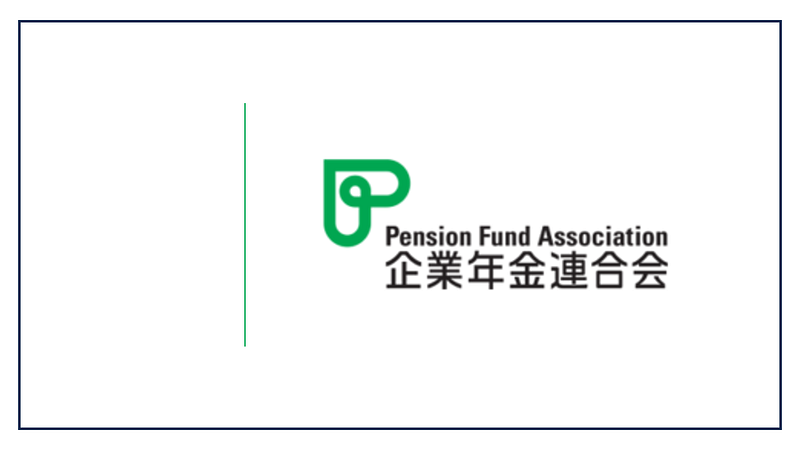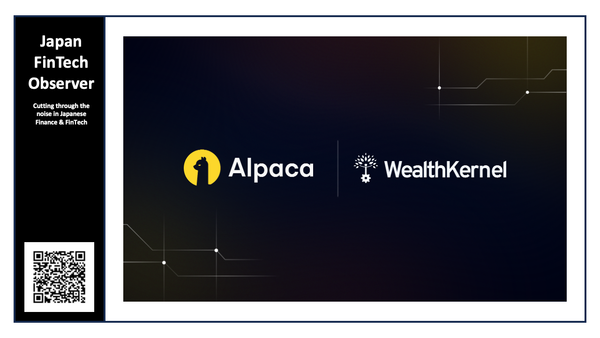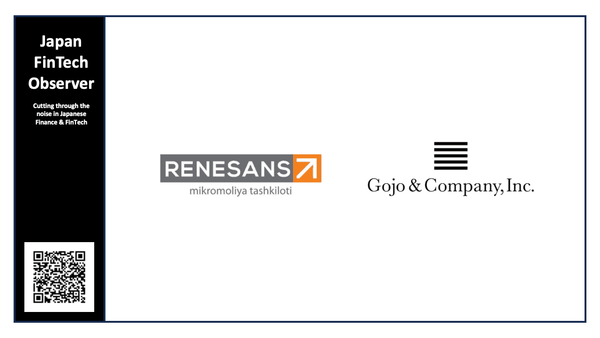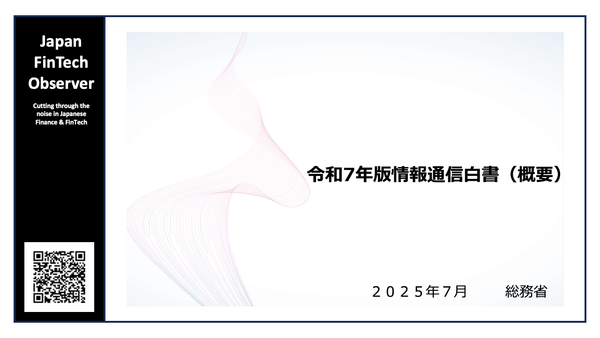Pension Fund Association establishes Corporate Pension Stewardship Promotion Council
The Corporate Pension Stewardship Promotion Council is an organization established by the Pension Fund Association to enable corporate…

The Corporate Pension Stewardship Promotion Council is an organization established by the Pension Fund Association to enable corporate pension plans to work together to monitor the stewardship activities of investment managers (collaborative monitoring).
Japan’s Stewardship Code requires asset owners to encourage investment managers to conduct effective stewardship activities, to clearly state the requirements and principles they expect from investment managers regarding their stewardship activities, to monitor the stewardship activities of investment managers, and to report annually to beneficiaries.
One-to-one monitoring between each corporate pension fund and the investment management institution is a heavy burden on both parties and inefficient. However, if the corporate pension funds work together to conduct monitoring, it is expected that the burden on both parties will be reduced and the stewardship activities of the investment management institution will be more substantial.
Basic principles for collaborative monitoring
1. About Collaborative Monitoring
Collaborative monitoring, as outlined in the Japanese Stewardship Code, is an initiative where corporate pensions collectively monitor the stewardship activities of asset managers entrusted with their funds. The Council was established to systematically and continuously implement this initiative.
The Council embraces the Japanese Stewardship Code and encourages asset managers to fulfill their stewardship responsibilities. We urge them to act as responsible institutional investors, contributing to the sustainable growth of investee companies, and we aim to conduct efficient and effective monitoring of their activities.
This Council’s efforts contribute to the realization of stewardship activities in Japan. Therefore, we request the participation and cooperation of all asset managers entrusted with domestic equity investments from corporate pensions. Additionally, we emphasize that participation in and cooperation with the Council’s collaborative monitoring should not be a reason to omit or exempt individual reporting or explanations to corporate pensions, our clients.
2. Objectives
(1) Efficiency and Effectiveness
Collaborative monitoring aims to efficiently and effectively implement the monitoring of asset managers’ stewardship activities, as required of asset owners by the Japanese Stewardship Code, thereby promoting the realization of stewardship activities.
(2) Minimizing Agency Costs
Corporate pensions that entrust asset management and the asset managers they entrust have an agency relationship (principal-agent relationship). An agency relationship also exists between investors (shareholders) and the management of investee companies. In these cases, agency problems can arise from information asymmetry, etc., leading to conflicts of interest. It is difficult for corporate pensions to constantly monitor whether asset managers or the management of their investee companies are acting in the best interests of their beneficiaries, the participants and beneficiaries.
Investors (shareholders) are constituents of the company, and the target of their stewardship activities is not the company as a legal entity but the management. To reward investors (shareholders), management must improve corporate value and achieve sustainable growth. This requires a system and mechanisms that ensure management acts in the best interests of investors (shareholders) (building a governance structure) and leads to the minimization of agency costs.
Furthermore, collaboratively monitoring the stewardship activities of asset managers can help maintain a good and constructive relationship with the asset manager as the trustee, leading to a minimization of agency costs.
Thus, minimizing agency costs is a fundamental and critical issue common to all corporate pensions. It is also an important theme in effectively and efficiently implementing stewardship activities and promoting the realization of stewardship activities in Japan.
(3) Preventing Free Riders
If the stewardship activities of a particular asset manager result in improved corporate value and sustainable growth of the investee company, leading to increased investment returns, asset managers who did not engage in stewardship activities and other investors will also benefit from the improved investment returns. Those who enjoy benefits or profits without paying the price are called free riders.
If we allow free riders to persist, asset managers who are willing to engage in stewardship activities at their own expense will disappear, and corporate pensions will not be able to fulfill their stewardship responsibilities.
Therefore, we conduct collaborative monitoring of all asset managers entrusted with domestic equity investments from corporate pensions to prevent free riders.
3. Implementation of the Project
The specific activities of “Collaborative Monitoring” are as follows:
(1) Baseline Survey of Common Items
We will conduct regular surveys, primarily in the form of questionnaires, on common items that should be confirmed regarding stewardship activities at asset managers, and we will conduct baseline checks on these common items.
- Send out questionnaires to all companies every year and obtain responses by the end of August.
- The secretariat will compile and tabulate the results of the responses and upload them to a dedicated website.
- Members of the Council can select the asset management companies they wish to check on the dedicated website, view the results of their responses, and download them.
(2) Joint Briefing Sessions and Collaborative Dialogues
We will hold briefing sessions on the stewardship activities of each asset manager, and members of the Council who wish to participate can engage in dialogue with the asset manager.
- The sessions will be held in a hybrid format, with both in-person and online participation.
- Asset managers will provide a report on their stewardship activities and self-assessment for the past year.
- Questions and answers, and exchange of opinions.
- Videos of the sessions will be uploaded to a dedicated website for members who were unable to attend on the day.
(3) Summary Reports
Since it is difficult to hold joint briefing sessions with all asset managers every year, we will ask all asset managers to submit a summary report on their stewardship activities and self-assessment for the year based on a prescribed format.
- At the same time as the baseline survey of common items in (1) above, we will receive summary reports on stewardship activities and self-assessment from asset managers.
- We will upload the summary reports to a dedicated website.
- Members of the Council can select the asset management companies they wish to check on the dedicated website, view and download the summary reports.
4. Other
(1) Establishment of a Dedicated Website
We will establish a dedicated website for the Council, where members can select the asset managers they have contracted with and those they are interested in from among all asset managers, and download the results of the baseline survey of common items and summary reports.
In addition, videos of collaborative monitoring (joint briefing sessions and collaborative dialogues) that members were unable to attend will be archived and made available for viewing on the dedicated website.
We will use the dedicated website to disseminate information about the Council’s activities and stewardship activities.
(2) Information Exchange and Study Sessions
Principle 7 and Guideline 7–3 of the Japanese Stewardship Code state that “it is important to have the ability to make appropriate judgments in connection with stewardship activities” and that “it is also beneficial for institutional investors to exchange views with other investors and to provide a forum for such exchanges”.
In addition to collaborative monitoring, the Council will provide opportunities for its members to exchange views and hold study sessions in order to further promote stewardship activities at asset managers and improve monitoring of asset managers.
(3) Promoting the Adoption of the Japanese Stewardship Code
The Council will support its full members in expressing their own adoption of the Japanese Stewardship Code through participation in collaborative monitoring, information exchange, and study sessions, and will promote the declaration of adoption.
Please follow us to read more about Finance & FinTech in Japan, like hundreds of readers do every day. We invite you to also register for our short weekly digest, the “Japan FinTech Observer”, on Medium or on LinkedIn. Our global Finance & FinTech Podcast, “eXponential Finance” is also available through its own LinkedIn newsletter, or via our Podcast Page.
Should you live in Tokyo, or just pass through, please also join our meetup. In any case, our YouTube channel and LinkedIn page are there for you as well.




